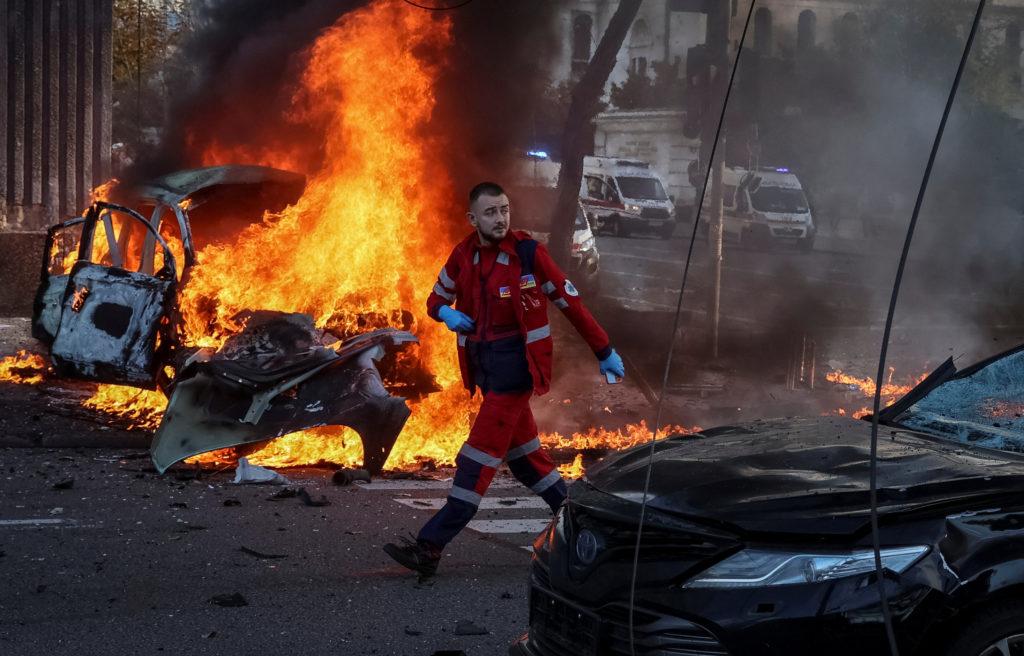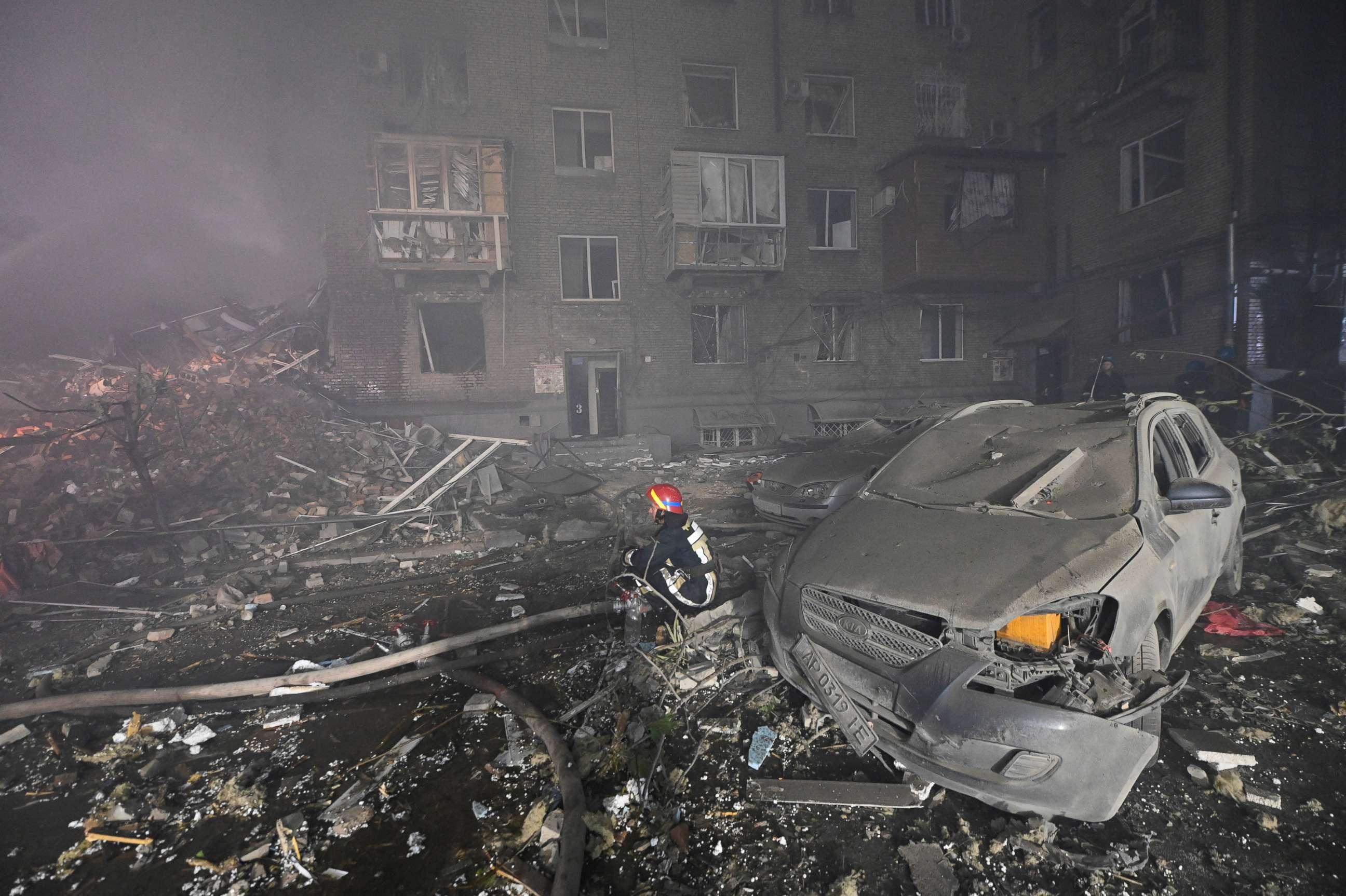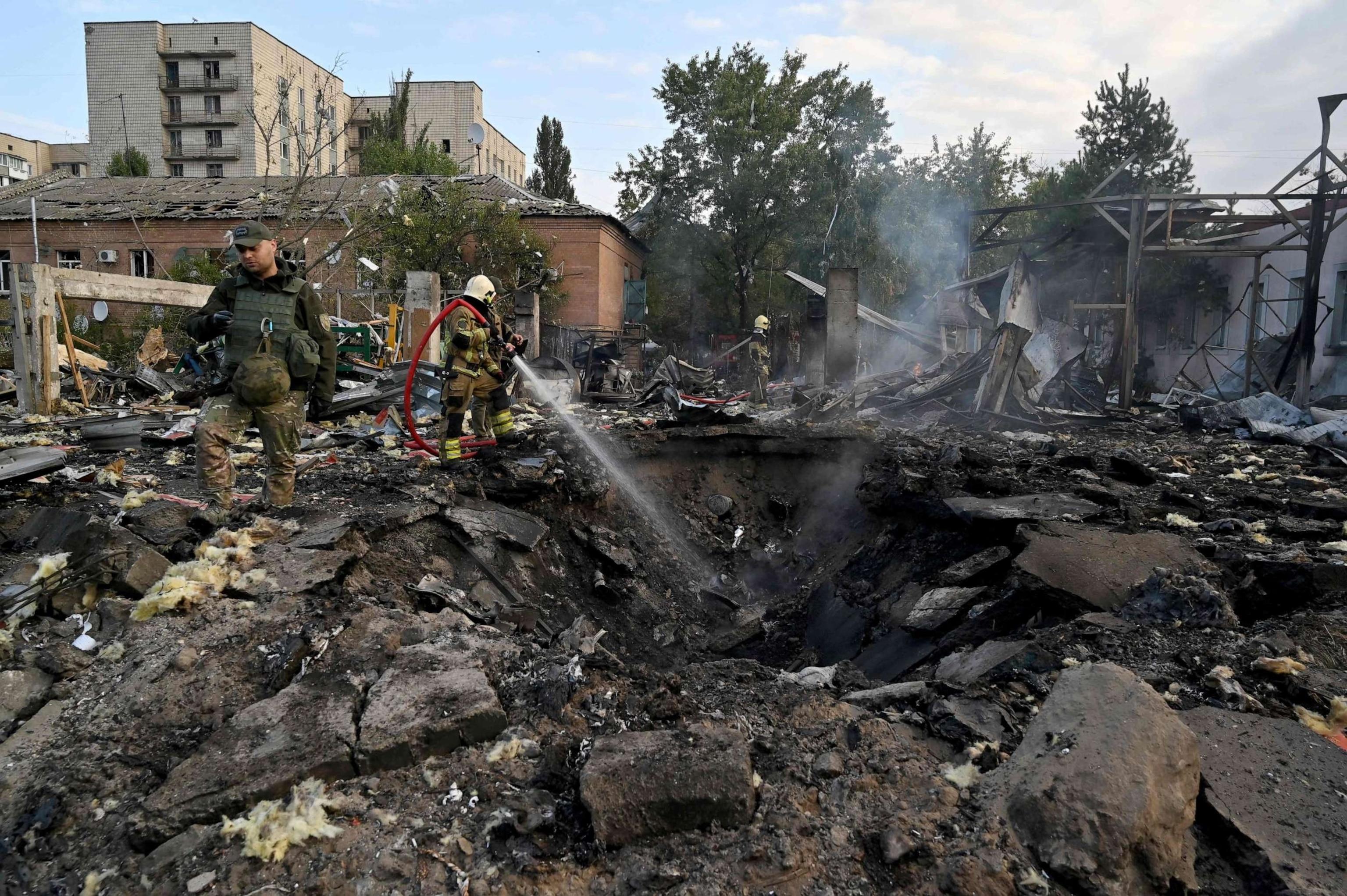Russian Strikes Escalate Conflict and Casualties in Ukraine
Recent bombardments across various regions of ukraine have resulted in tragic loss of life, with reports indicating that at least 25 individuals were killed in a series of coordinated russian strikes. Eyewitness accounts describe scenes of devastation, as emergency services rush to rescue survivors from the wreckage. The strikes have targeted residential areas, leading to widespread fear and chaos, as civilians grapple with the constant threat of attack. Observers note the increasing frequency and intensity of these assaults, suggesting a troubling escalation in hostilities that raises questions about the prospects for peace.
Amid this turmoil, former President Donald Trump has stepped into the spotlight, announcing a self-imposed deadline for peace negotiations. This move has garnered mixed reactions, as many wonder whether diplomatic efforts can gain traction in the current climate. Key points surrounding this development include:
- The potential for renewed dialog: Trump’s assertion brings hope for a diplomatic resolution, though skepticism remains regarding Russia’s willingness to engage.
- Implications for international relations: The timeline proposed by Trump may alter existing dynamics among NATO allies and their responses to the ongoing crisis.
- The urgency of humanitarian aid: The escalating violence underscores the immediate need for sustained relief efforts to assist those displaced by the conflict.

Trump’s Proposed Deadline for Peace Negotiations Raises Eyebrows
The recent proclamation by former President Donald Trump regarding a proposed deadline for peace negotiations in ukraine has sparked a range of reactions from both political analysts and international relations experts. Many view Trump’s timeline as a bold move that could possibly expedite discussions; however, its feasibility remains in question given the current state of hostilities. Critics argue that setting a deadline may undermine the complexity of the situation, prioritizing political leverage over the urgent need for humanitarian considerations. These apprehensions are heightened by the latest developments on the ground, as demonstrated by the tragic Russian strikes that claimed 25 lives in Ukraine, further complicating the atmosphere for peace talks.
In light of the ongoing conflict, several key factors must be considered regarding Trump’s proposal:
- Timing: With escalating violence, can a meaningful dialogue even be initiated within the proposed timeframe?
- Stakeholder Involvement: Are all parties prepared to engage seriously in negotiations, and what influence does the international community hold?
- Public Sentiment: How do the Ukrainian people feel about a hastily arranged negotiation process, especially after suffering significant losses?
As discussions unfold, it remains to be seen whether Trump’s timeline can align with the realities faced by those directly impacted by the conflict in Ukraine. The situation underscores the complexity of achieving lasting peace amidst ongoing violence, with the clock ticking against an ever-growing humanitarian crisis.

International Responses to Escalating Violence: A Call for Action
the recent Russian strikes in Ukraine, which resulted in the tragic loss of 25 lives, underscore the urgent need for a reassessment of international diplomatic strategies. As the conflict intensifies,global leaders must recognize that mere rhetoric is not sufficient. Immediate actions are required to address the escalating violence and its humanitarian consequences. This escalating crisis has far-reaching implications not just for Ukraine, but for European security and the stability of international relations. Countries must work collaboratively to implement sanctions, provide humanitarian aid, and support diplomatic negotiations aimed at deescalating tensions.
In light of Donald Trump’s call for a deadline for peace talks, the global community faces a critical juncture.Decisive diplomatic efforts must be prioritized, including:
- Enhanced engagement through multilateral institutions such as the United Nations.
- Increased humanitarian assistance to support those affected by the conflict.
- Targeted sanctions against key individuals perpetuating the violence.
- Formal dialogues that include all stakeholders to ensure lasting solutions.
The convergence of diplomatic pressure and humanitarian support is essential to pave the way for lasting peace in the region. The tragic losses in Ukraine must compel the international community to act decisively, as the costs of inaction can led to further loss of life and regional instability.

The Path Forward: Diplomatic Solutions Amidst Rising Tensions
The urgency for diplomatic resolutions has never been more critical, especially in light of the recent violence that took the lives of 25 individuals in Ukraine. As international communities rally to respond, the focus has shifted towards negotiations that might alleviate the escalating conflict. Many analysts suggest that a multi-faceted approach is necessary,encompassing not only direct talks between the involved nations but also engaging global powers who hold influence in the region. To achieve meaningful dialogue, stakeholders must prioritize the following:
- Ceasefire Agreements: Immediate halting of hostilities to create a conducive environment for negotiations.
- Humanitarian Aid Access: Ensuring that aid reaches affected populations without obstruction.
- Inclusive Dialogue: Involving not only government representatives but also civil society and local leaders.
- International Mediation: Engaging neutral parties to facilitate discussions and ensure fair representation.
Former President Trump’s recent announcement of a timeline for talks introduces a new dynamic into the discussions.There are mixed reactions, with some viewing it as an possibility for progress while others express skepticism about the feasibility of swift resolutions. Experts argue that any viable path forward must be grounded in mutual respect and understanding, focusing on long-term peace and stability rather than short-term victories. Potential strategies to foster such an environment include:
- Confidence-Building Measures: Small, incremental steps to rebuild trust between the parties.
- Economic incentives: Discussing the potential for trade or reconstruction support as a means to encourage cooperation.
- Public Communication: Transparency in negotiations to maintain public support and accountability.
- Monitoring Commitments: Establishing international observers to ensure compliance with agreements.
